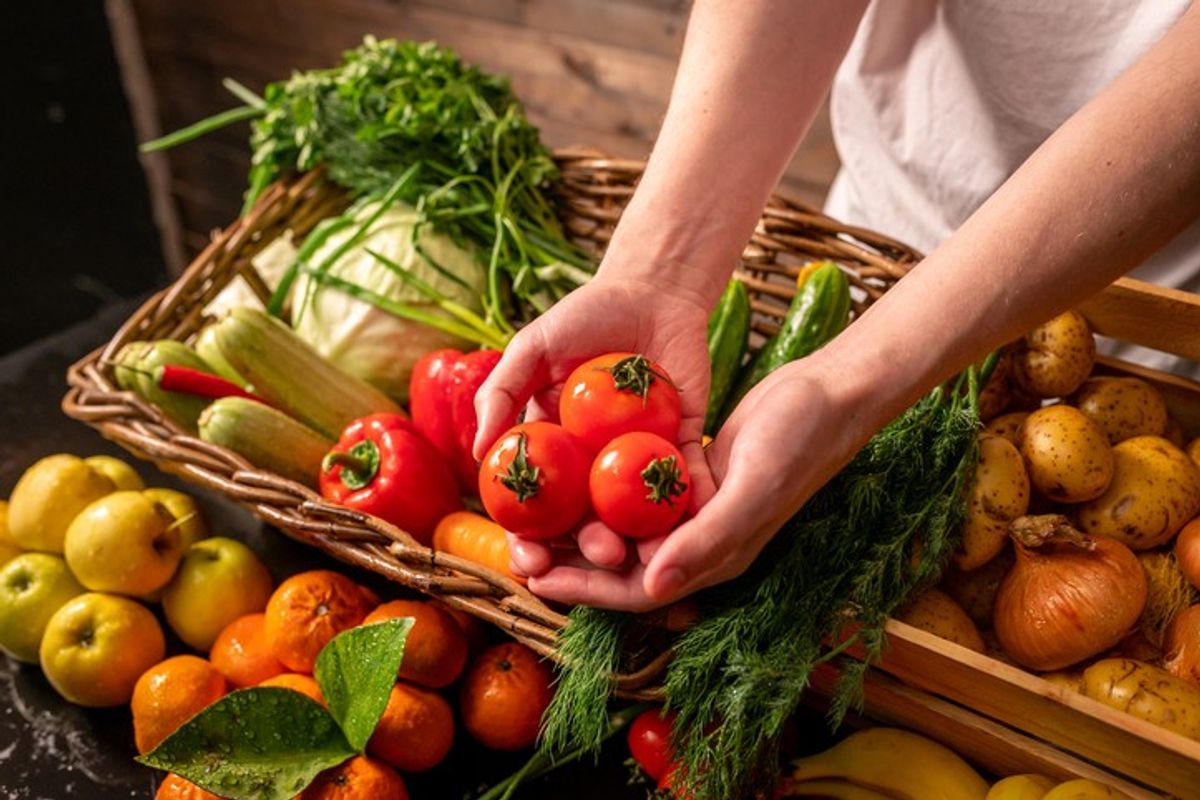Shoppers are ditching fresh vegetables from their diets as the cost-of-living crisis intensifies, claimed a recent report showing fall in vegetable sales as compared to last year with biggest slump seen in parsnips, followed by sweet potatoes, leeks and courgettes.
According to a report by Veg Power, an organisation set up to encourage Britons to eat vegetables, sales have dropped from 6.7 per cent of the weekly spending to 6.2 per cent in the past year as consumers make their budgets go further.
Parsnips have seen the biggest slump in sales, followed by sweet potatoes, leeks and courgettes, with experts suggesting fewer hot meals are being prepared at home, stated the report, adding that poorer households were cutting back more than richer ones.
“People are walking out of stores spending the same but with fewer items. If the total bill at the check-out exceeds their budget, people are taking out the fresh veg to keep costs down,” chief executive Dan Parker said.
The price of vegetables has risen by 2.6 per cent in the past year compared to an average of 5.3 per cent across all food groups, stated the report, adding that despite this, people are choosing to cut back, with 78 per cent saying they were buying fewer fresh vegetables.
Some 28 per cent of people had also reduced their consumption of frozen vegetables, while 19 per cent were eating fewer canned goods.
Sales of parsnips were down 20.1 per cent, sweet potatoes 19.9 per cent, leeks 15.6 per cent, courgettes 15.5 per cent and mushrooms and celery both 15.4 per cent. Cabbage was also in decline, with sales falling by 14.9 per cent, sweetcorn 14.1 per cent, cauliflower 13.5 per cent, asparagus 12.9 per cent, peppers 11.9 per cent, carrots 11.5 per cent and tomatoes 10.9 per cent.
Sales of frozen peas, the most popular frozen vegetable, are also down by 16.5 per cent. Households earning less than £30,000 a year had cut vegetable consumption by 20 per cent – almost double that of households with an income of £30,000 to £60,000, stated the report.
“Clearly, for many that extra portion of vegetables is not considered essential. Our worry is that these shopping patterns will become a habit that stays after the cost-of-living crisis ends,” Parker said.


